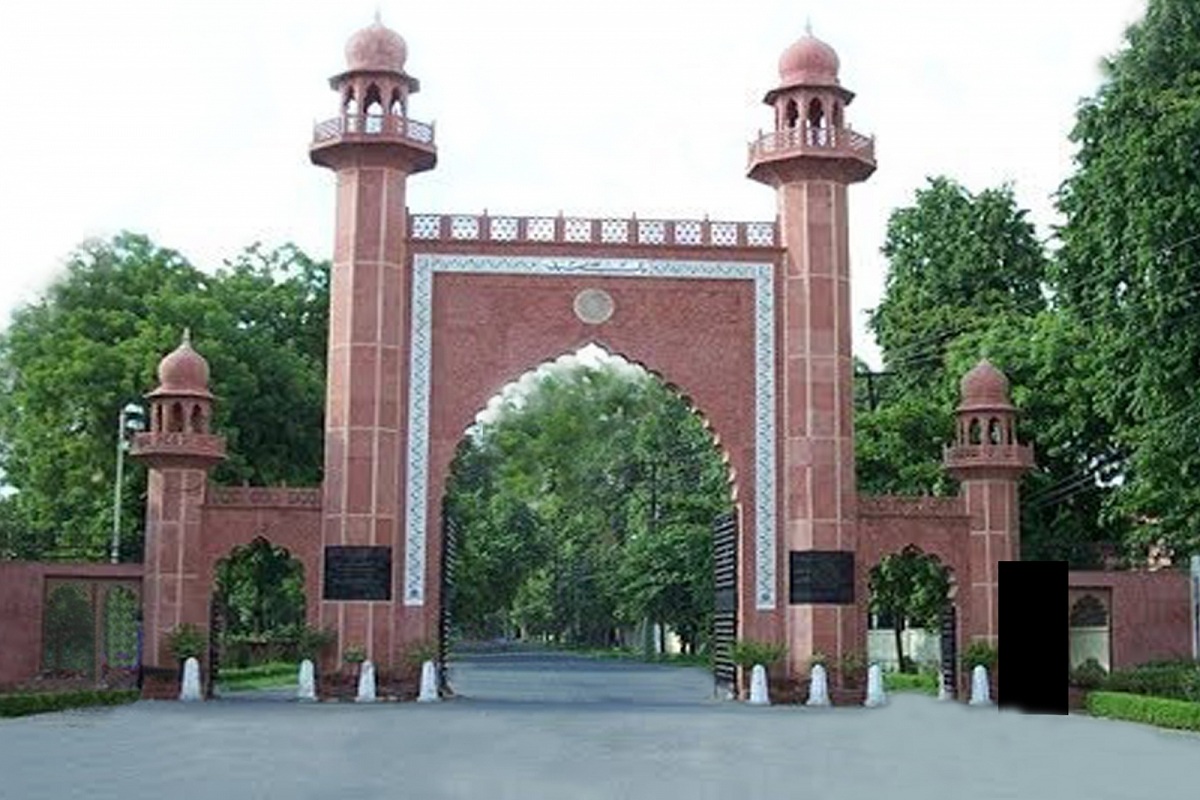PM Modi on 3-day visit to 3 states–MP, Bihar, Assam–from Sunday
According to the Prime Minister’s Office (PMO), the Prime Minister will visit Madhya Pradesh, Bihar and Assam from February 23-25.
When Prime Minister Modi told the same audience 72 years later on Tuesday that “we are heading to a path where no one is left behind because of religion”, he was iterating the Nehruvian construct.

Aligarh Muslim University. (File Photo: IANS)
The comparison may well leave admirers of both India’s first and current Prime Ministers enraged but facts don’t lie. The similarities between the thrust of Jawaharlal Nehru’s and Narendra Modi’s speeches at Aligarh Muslim University in 1948 and 2020 respectively are eerie.
But first it would be helpful to contextualise the narrative around ‘The Muslim Question’ in the sub-continent which had created a serious dilemma for the Congress post-Independence. Nehru followed a dual strategy in dealing with the fact that the state seeking religious nationalism of South Asian Muslims which fed into a pan-Islamist paradigm had come to fruition with the creation of Pakistan, yet millions of Indian citizens were Muslims.
Advertisement
So, on the one hand he set into motion a state-sponsored project of secular pedagogy with the help of left-wing intelligentsia while on the other he tried to convince Indian Muslims to embrace the Indic culture of the pre-Islamic period and make it their own. The former effort has been discussed ad nauseum but the latter, which was encapsulated in his address to the students and faculty of AMU on 24 January 1948, has in the main conveniently been elided by both critics who term him pseudo-secular and admirers who hold him up as an exemplar of secularism.
Advertisement
Judge for yourself: “I am proud of our inheritance and our ancestors who gave intellectual and cultural pre-eminence to India. How do you feel about this past? Do you feel you are also sharers in it and inheritors of it and, therefore, proud of something that belongs to you as much as to me? Or do you feel alien to it and pass it by without understanding it or feeling that strange thrill that comes from the realisation that we are the trustees and inheritors of this treasure?” This was not a one off.
Nehru repeatedly expressed his cultural pride by unequivocally identifying India’s civilisational ethos as the main factor which kept her united over millennia.
When Prime Minister Modi told the same audience 72 years later on Tuesday that “we are heading to a path where no one is left behind because of religion”, he was iterating the Nehruvian construct. “Whatever religion we are born in, it is important to see how to blend our aspirations with national goals… There can be ideological divides in society but when it comes to the nation’s development, everything else is secondary. When it comes to the nation, there is no question of ideological differences,”
Mr Modi said. The “Naya Bharat (New India)” headlined by the Prime Minister with its roots in an Indic ethos is no different, in that sense, from Nehru’s. Where there are differences in the play books of the two Prime Ministers is in the former aspect of Nehru’s formulation.
But even there, it is more of a mirror image playing out. For, what the Congress did with the help of the ‘leftist’ intelligentsia to build an allegedly modern narrative the BJP is doing using their ‘rightist’ counterparts to create an allegedly nativist one.
Advertisement